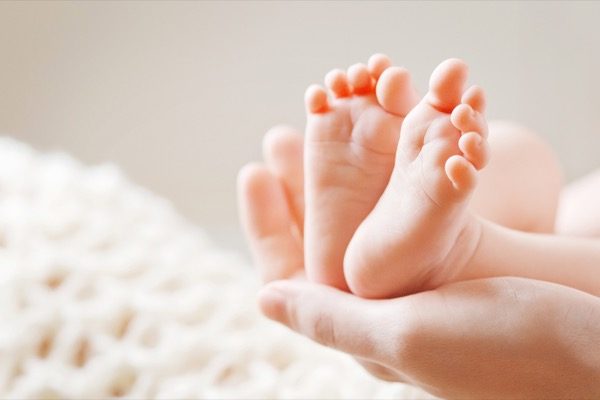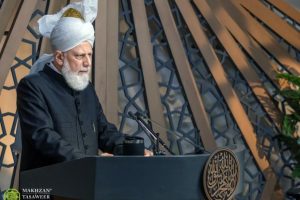
Each year on March 8th, International Women’s Day is marked throughout the world, highlighting women’s struggle for equality. At the heart of these commemorations is the question of how this equality may be achieved. However, we must ask whether this struggle for a simplistic view of equality has been misplaced. Feminist discourse has seldom focused on seriously questioning whether the equality model is the best ideal whereby women’s rights may be assessed.
What then does the equality model really say? Within the differing categories of feminist jurisprudence, the radical feminists call for a sweeping form of equality, arguing for complete parity regardless of the context. Yet, it raises the question as to whether we need such a totalitarian notion of equality to achieve egalitarianism between men and women. When the equality model is actually challenged, we find that it ignores the all-important reality that men and women are fundamentally different and these differences must be celebrated and explored as strengths. Cultural feminists, an opposing group of thought to the radical feminist school, focus more on the innate ‘female nature’, and point to this as an invaluable and enriching manner of placing women’s issues into context. Cultural feminism would thus take the experience of childbirth, for example, as a singularly female experience which no man can naturally emulate. On the contrary, an equality-based approach may question men’s inability to conceive and partake in this miracle. A rigid sense of equality may thus at times be unhelpful and even irrational.

this ignores women’s unique abilities, including the ability to give birth.
Benji Aird | Unsplash
Thus, the essence of the argument that cultural feminism expounds is that men and women are different; that such differences reflect their unique physical and emotional vantage points; and that these differences are not synonymous to inequality. The argument is pragmatic and one that mirrors the Islamic philosophy towards the sexes – the Qur’an having prescribed different roles to men and women based on their differing strengths but assessed each role to be equally important in its own right.
The fundamental problem, then, with the equality model is that it ironically prescribes that the male standard is the superior standard and that women must measure up to it if they are to be considered equal. A woman’s own unique voice is silenced and her distinctive physical, emotional and intellectual capabilities are deemed effectively irrelevant and inferior. Feminists who blindly argue for absolute equality forget that amid all the clamour and noise they are paradoxically succumbing to a status quo defined by men. Women should be afforded the dignity to take pride in their own abilities and strengths instead of constantly comparing these to men’s skills and competencies.




Add Comment